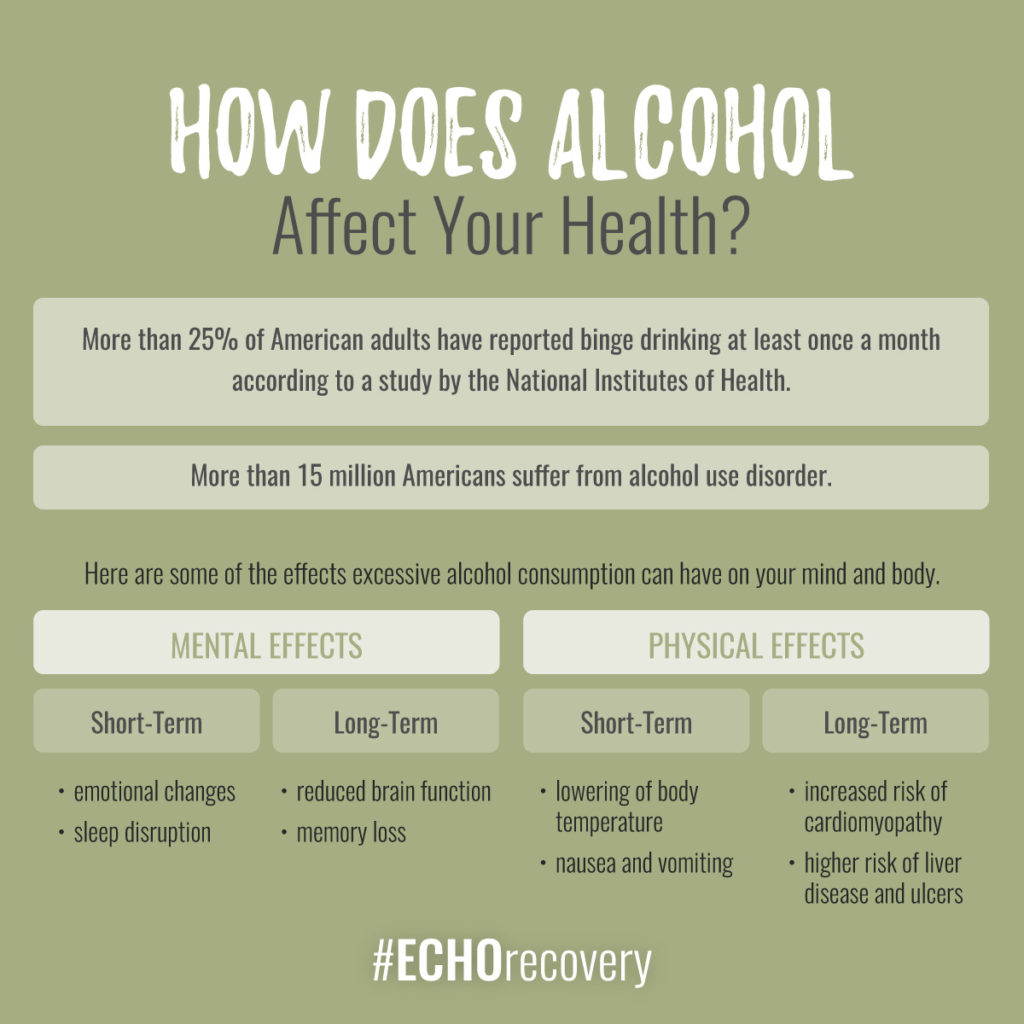Professionals in the substance abuse treatment field touch on various aspects of medicine, mental health treatment and numerous other disciplines in their work. Continuing education is absolutely crucial for substance abuse treatment professionals.
New treatment methods, medications, counseling techniques and other advances happen seemingly every day, so there is always something new to learn that could benefit clients in recovery. Rehab professionals should take advantage of addiction treatment workshops and other industry events to stay up to date on the latest trends and methods in the addiction treatment industry.
Late 2018 Addiction Industry Events
The year is drawing to a close, but there are still several important drug rehab conferences and other industry events in the last few months of 2018. If you work in the substance abuse treatment industry in any way, these events can be a great way to continue your professional education and stay current on the latest trends.
National Conference on Corrective Healthcare
From October 20 to 24, the Paris Hotel in Las Vegas will host the National Conference on Corrective Healthcare. The National Commission on Correctional Healthcare (NCCHC) sponsors five days of clinical education seminars, networking opportunities among industry professionals, and addresses from some of the greatest minds in the addiction treatment world.
California Addiction Conference (CAC)
The fifth annual CAC takes place from October 25 through 28 at the Hyatt Regency in San Diego, California. In addition to groundbreaking presentations for new concepts, products and treatment methods in the substance abuse recovery industry, the CAC will also feature several fun Halloween-themed events, such as a costume contest and raffles. Take advantage of this fun event to network with other industry professionals and for cutting-edge presentations and breakout sessions.
Association for Medical Education and Research in Substance Abuse (AMERSA) Annual National Conference
From November 8 through 10, the InterContinental Mark Hopkins in San Francisco will host the 42nd Annual AMERSA National Conference, one of the largest gatherings of mental health and addiction recovery professionals in the world. This event will be a fantastic opportunity to discover new treatments and industry innovations and to meet other rehab professionals and key figures in the addiction treatment world.
American Public Health Association (APHA) Annual Meeting
The 2018 APHA Annual Meeting & Expo takes place November 10 to 14 in San Diego, California. More than 12,000 substance abuse recovery professionals, public health advocates and mental health specialists will attend this event, so early registration is a good idea.
Registering for the APHA Annual Meeting will also include admission to various poster sessions throughout the event, as well as the Public Health Expo. Attendees also have the option to register for the pre-conference Learning Institutes.
American Academy of Addiction Psychiatry (AAAP) Annual Meeting and Scientific Symposium
From December 6 through 9, you can attend the AAAP Annual Meeting and Scientific Symposium in Bonita Springs, Florida. This event will be a fantastic opportunity for networking, sponsorships and exhibitions. You can also attend specialized conferences and special interest group workshops.
This event will also be a great chance for health care professionals and addiction treatment specialists to expand their clinical skills through educational workshops and advanced courses in pharmacology and office-based opioid treatment. The AAAP Annual Meeting is a wonderful chance to explore multidisciplinary addiction treatment studies and specialized courses that bolster your clinical education.
2019 Addiction Rehab Industry Events
Rehab owners can learn more effective addiction treatment protocols and stay abreast of the latest industry advancements, but these events are valuable to substance abuse treatment professionals of all disciplines.
The Evolution of Addiction Treatment Conference
You can attend the Evolution of Addiction Treatment Conference from January 24 through 27 at the Sheraton hotel in Los Angeles, California. This event focuses on cutting-edge addiction treatments and new therapeutic inventions, catering to professionals in the substance abuse treatment industry.
The Evolution Conference will feature several keynote speakers, workshop presentations and more than 70 exhibits from presenters of various disciplines. This conference will be a fantastic chance to meet with physicians, nurses, innovators, psychologists, and countless other professionals with diverse backgrounds in medicine, addiction treatment, and counseling.

National Association for Court Management (NACM) 2019 Conferences
The NACM has a pivotal position in the administration of justice in the United States, providing educational materials, networking opportunities and strategic development to court systems all over the U.S. It is the largest court management professional organization in the world, and these events are fantastic opportunities to learn more about the role the criminal justice system can play in addiction recovery.
There are two NACM conferences happening in 2019:
- The “midyear” conference takes place February 10 to 12 at the Marriot in Little Rock, Arkansas
- The 2019 annual conference takes place July 14 to 18 in Las Vegas.
International Drug Policy Reform Conference
The International Drug Policy Reform Conference takes place in St. Louis, Missouri from November 6 through 9 in 2019. This biennial event features attendees from all over the country committed to developing alternatives to the ongoing and ineffective war on drugs.
Speakers will discuss revenue reallocation, government interference in private citizens’ lives, harm reduction and school-level advocacy. The keynotes, workshops, and exhibits during the Reform Conference will revolve around advocacy, compassionate addiction recovery strategies, and clinical education.
Seek Addiction Treatment Industry Events Near You
While these large events are sure to draw crowds from all over the country, you may not be able to attend all or any of them. You should also investigate smaller events at the local level. There are countless grassroots campaigns, advocacy programs and substance abuse-related workshops all across the country.
National-level events are fantastic networking opportunities and can help you stay updated on the latest trends in the addiction treatment industry. However, smaller local events can help you stay informed about the effects of addiction in your own community.
ECHO Recovery is a network of advocates, professionals, survivors and people still struggling with addiction who offer their advice, knowledge and experiences to others. Our network is committed to community education on addiction and recovery with the aim of reducing the social stigma surrounding substance abuse.
Read About Our Community Education Efforts
Jenny Weatherall is the co-owner and CEO of Eminent SEO, a design and marketing agency founded in 2009. She has worked in the industry since 2005, when she fell in love with digital marketing… and her now husband and partner, Chris. Together they have 6 children and 3 granddaughters.
Jenny has a passion for learning and sharing what she learns. She has researched, written and published hundreds of articles on a wide variety of topics, including: SEO, design, marketing, ethics, business management, sustainability, inclusion, behavioral health, wellness and work-life balance.







